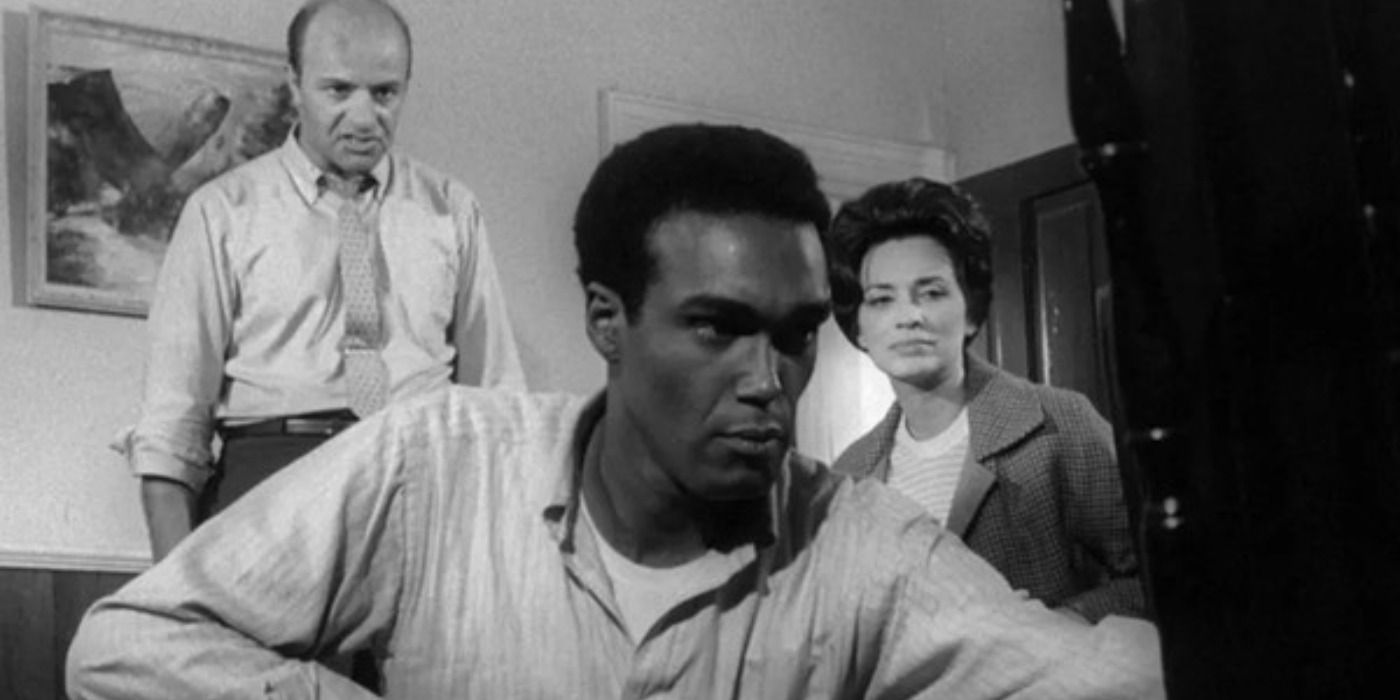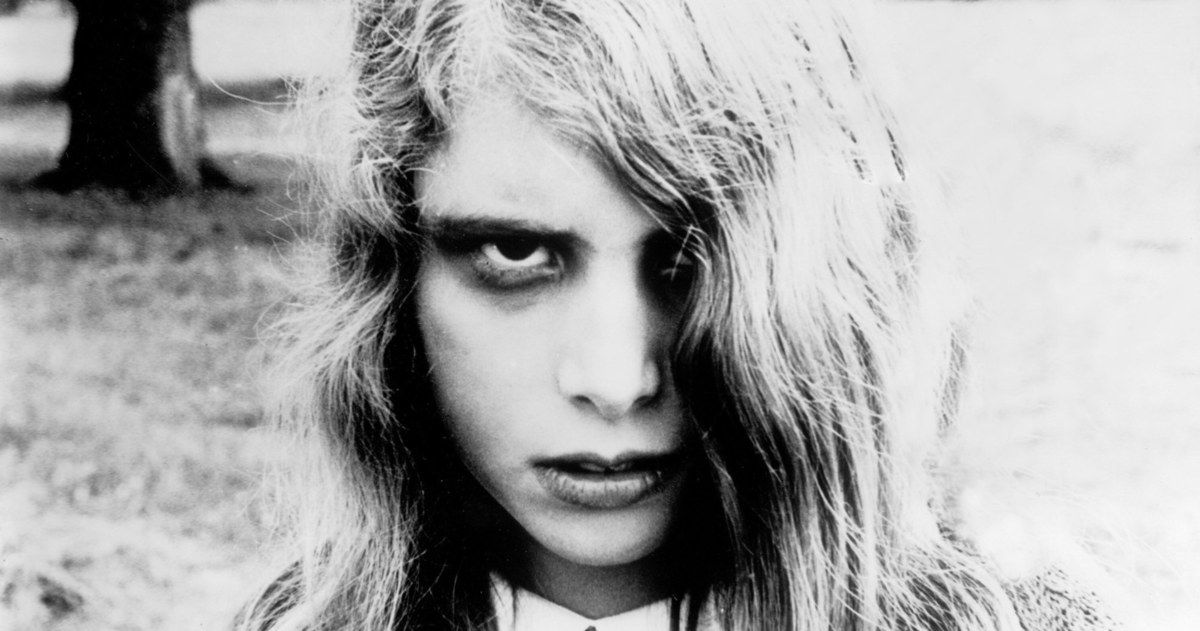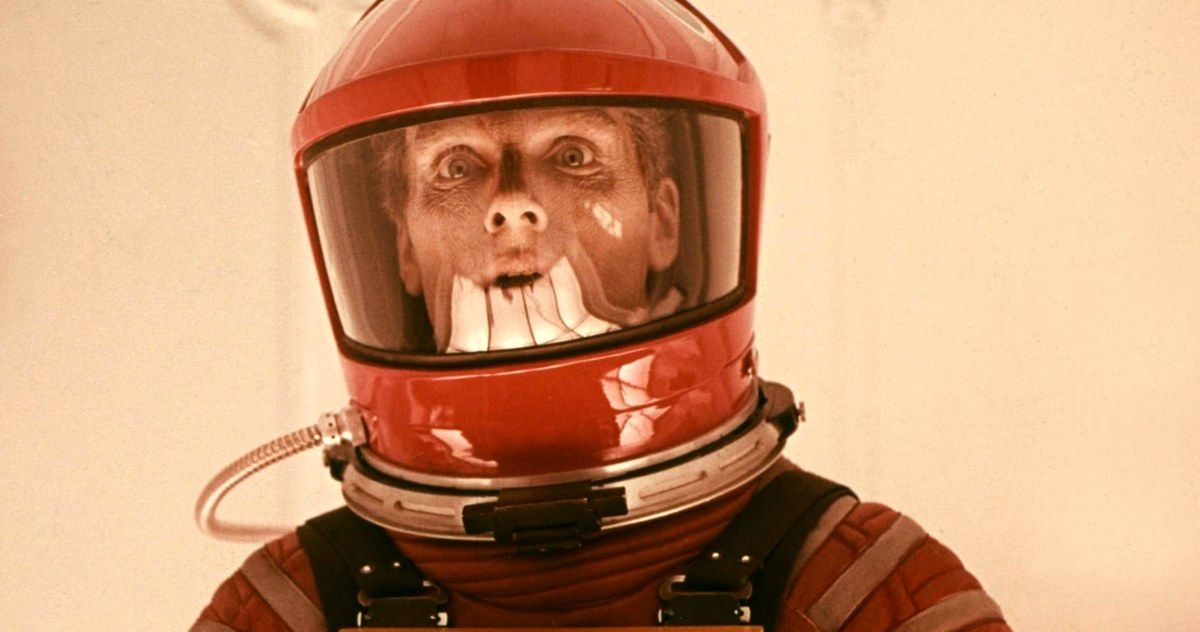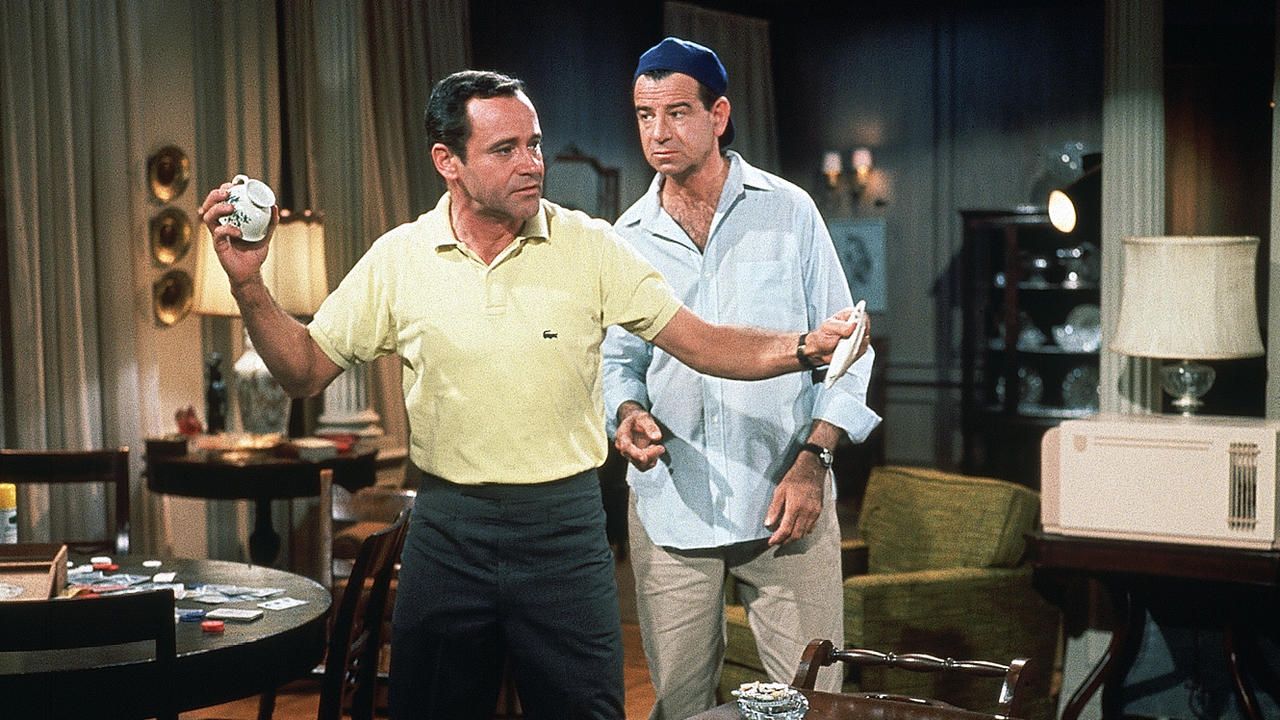1968 was a year in Hollywood that was both vibrant and diverse, with myriad successful and notable films gracing the silver screen. The period introduced the masses to some of the most iconic and beloved pictures, encompassing a wide array of genres and exciting talent. A variety of esteemed directors and acting greats shined during this time, cementing their status in cinematic history. Stanley Kubrick would go on to release his masterpiece 2001: A Space Odyssey in 1968, and the world would witness horror greatness up close and personal with George A. Romero’s Night of the Living Dead.
The overall climate of the world also shifted drastically during this year; 1968 was profound for major sociopolitical events that would irrefutably change the foundation of the country. Revolutionary thinker and prominent civil rights activist Martin Luther King Jr. was tragically assassinated, sparking nationwide riots and civil unrest (as reflected in the documentary Black Panthers from that year). Protests against Vietnam ran rampant in the U.S., as did international student protests in France, challenging capitalism, American imperialism and a multitude of other grievances. The distinguished Cannes Film Festival was infamously shut down for the only time in history due to the French demonstrations. The prominent and politically controversial documentary In the Year of the Pig was released by director Emile de Antonio, depicting America's involvement in the Vietnam War. The film has since been characterized as "the first and best of the major documentaries about Vietnam."
This period in Tinsel Town was truly revolutionary for film and stands out as a prosperous and innovative moment in pop culture. From the gruesome living dead wreaking havoc, to menacing satanic cults, and even an Adolf Hitler musical, 1968 was without-a-doubt a radical year in Hollywood pictures.
Iconic Horror Classics
1968 was an epic year for horror fanatics, with two iconic classics debuting: Rosemary’s Baby and Night of the Living Dead. Roman Polanski’s psychological horror flick tells the story of a young, pregnant woman who begins to suspect her Manhattan elderly neighbors are members of a satanic cult and want to use her unborn baby in nefarious rituals. Mia Farrow famously portrayed Rosemary Woodhouse in her first leading role and the picture established her as a prominent actress. Rosemary’s Baby was a ground-breaking horror film upon its release, earning universal acclaim and inspiring countless movies focusing on black magic and Satan worshippers, including Mark of the Devil and Black Noon. It is now heavily regarded as one of the greatest horror pictures of all time.
Moviegoers and horror fans across the world bore witness to the first modern zombie film in cinema history with George A. Romero’s cult classic Night of the Living Dead. The flick was the directorial debut for Romero, who would go on to rightfully earn the esteemed title, “Father of the Zombie Film.” It follows seven people trapped in a rural farmhouse in Pennsylvania as they are attacked by a large group of the undead. Shot on a budget of $100,000, Night of the Living Dead went on to earn $30 million, becoming one of the most profitable films ever made. Romero’s zombie feature reflected the cultural and social changes in the U.S. during the ‘60s, with the horror guru casting an African-American, Duane Jones, in the film’s leading role, with the ending of the film earning striking comparisons to the assasination of Martin Luther King. The director revolutionized the genre and, as the BBC proclaimed, it represented “a new dawn in horror film-making.”
Major Moment For Musicals
Cinema in 1968 saw the resurgence and popularity of movie musicals, with multiple successful pictures released. Arguably the two most influential and renowned musicals to hit theaters that year were Funny Girl and Oliver!, with the former being the debut film for Barbra Streisand. Considered one of the greatest musicals ever made, Funny Girl is loosely based on the life and career of movie and Broadway star Fanny Brice and her rocky relationship with Nicky Arnstein. The performance earned then-newbie Streisand the Academy Award for Best Actress, an honor she shared with Katharine Hepburn as the result of one of the very few ties in Oscar history.
British period musical Oliver! is an adaptation of Charles Dickens’s novel Oliver Twist and garnered widespread critical acclaim, earning 11 Academy Award nominations. The production studio behind both Funny Girl and Oliver! (Columbia Pictures) secured a combined total of 19 Oscar nominations, the most from one studio for musicals. Oliver! was the last movie musical to win Best Picture for 34 years, until 2002’s Chicago. Aside from those smash hits, 1968 saw the release of Chitty Chitty Bang Bang, Finian’s Rainbow and the Elvis Presley and Nancy Sinatra starring Speedway. The year was truly a major moment for musicals in Hollywood cinema.
Groundbreaking Sci-Fi Spectacles
Innovative and highly revered director Stanley Kubrick’s films are known for their dark humor, cutting edge set designs and unique cinematography. Arguably the pièce de résistance of his directing career is the 1968 epic science fiction film 2001: A Space Odyssey, which follows a voyage to Jupiter with sentient supercomputer HAL 9000 after the discovery of an alien monolith. Like most of Kubrick’s pictures, 2001: A Space Odyssey was polarizing to critics and audiences alike and received both admiration and scorn, and yet it was an experimental art film which somehow managed to become the second-highest grossing film of the year. The movie is applauded for its scientific accuracy and its exploration of themes like human evolution, artificial intelligence and existentialism, and its innovative special effects were unprecedented at the time.
2001 had a profound impact on future filmmakers, with renowned directors Steven Spielberg and George Lucas drawing inspiration from the masterpiece, as it helped establish the “sci-fi blockbuster” in Hollywood (which had previously relegated science-fiction to B-movies). Another epic sci-fi picture released that year was the allegorical extravaganza Planet of the Apes, which was praised for its revolutionary prosthetic makeup techniques by John Chambers. The movie earned rave reviews from both critics and moviegoers, launching a vast franchise, comic books, an animated series, and several recent popular films. Planet of the Apes was yet another movie which took science-fiction seriously and used it philosophically and prophetically.
Shakespeare on Screen
Based on the beloved William Shakespeare play, 1968’s romantic tragedy Romeo and Juliet tells the tale of the ill-fated star crossed lovers in one of the greatest love stories ever told. It was the first major movie production of the play to cast a leading actor and actress who were close to the ages of their characters, which helped make the film popular among teenagers. At the time of its release, Romeo and Juliet became the most financially successful film adaptation of a Shakespeare play, earning over $38 million on a modest budget of $850,000. Famed critic Roger Ebert proclaimed, “I believe Franco Zeffirelli’s Romeo and Juliet is the most exciting film of Shakespeare ever made.” The adaptation won Academy Awards for Best Costume Design and Best Cinematography, while also earning nominations for Best Director and Best Picture; it is the last Shakespearean movie to be nominated for Best Picture thus far.
Cherished Comedy Staples
Hollywood in 1968 was a colorful and varied period of time that saw a plethora of genres shine on the big screen. While musicals, sci-fi, and horror flicks took audiences by storm, comedies certainly didn’t take a back seat in cinema. The year brought forth a wide array of notable and sidesplitting hits, namely the comedy classics The Odd Couple, The Producers, and Yours, Mine and Ours. Acting heavyweights Jack Lemmon and Walter Matthau star as two very different divorced men: the neurotically tidy Felix (Lemmon) and easy-going slob Oscar (Matthau) who decide to live together. The film was a massive hit with audiences and went on to inspire the beloved ABC sitcom of the same name, featuring Tony Randall and Jack Klugman. The less said about the more recent television iteration of the comedy classic, the better.
The Mel Brooks-directed satirical black comedy The Producers tells the hilarious story of a theater producer and his accountant who create the worst stage musical they can as part of a financial scam. Their concept? Adolf Hitler and the Nazis, of course. Starring Gene Wilder and Zero Mostel, the movie garnered mixed reviews due to its controversial theme but went on to earn a cult following. Brooks won the Oscar for Best Screenplay and would later help The Producers be adapted into a musical and subsequent film. The film is one of the first successful dark comedies ever made.
Many modern-day Hollywood greats made their film debuts during this year, including the talented Goldie Hawn, Barbara Streisand, John Cleese, and Malcolm McDowell. The Hollywood production code also experienced an intense shake-up, loosening its moralistic grip by ushering in the MPAA ratings system, which is still implemented today and allows for films to be released which otherwise would've been censored or never received theatrical distribution. For these and many other reasons, 1968 was without a doubt a radical year in Hollywood cinema, fittingly reflecting a year of turbulence, anxiety, and cultural change.



-8.jpg)

-7.jpg)
